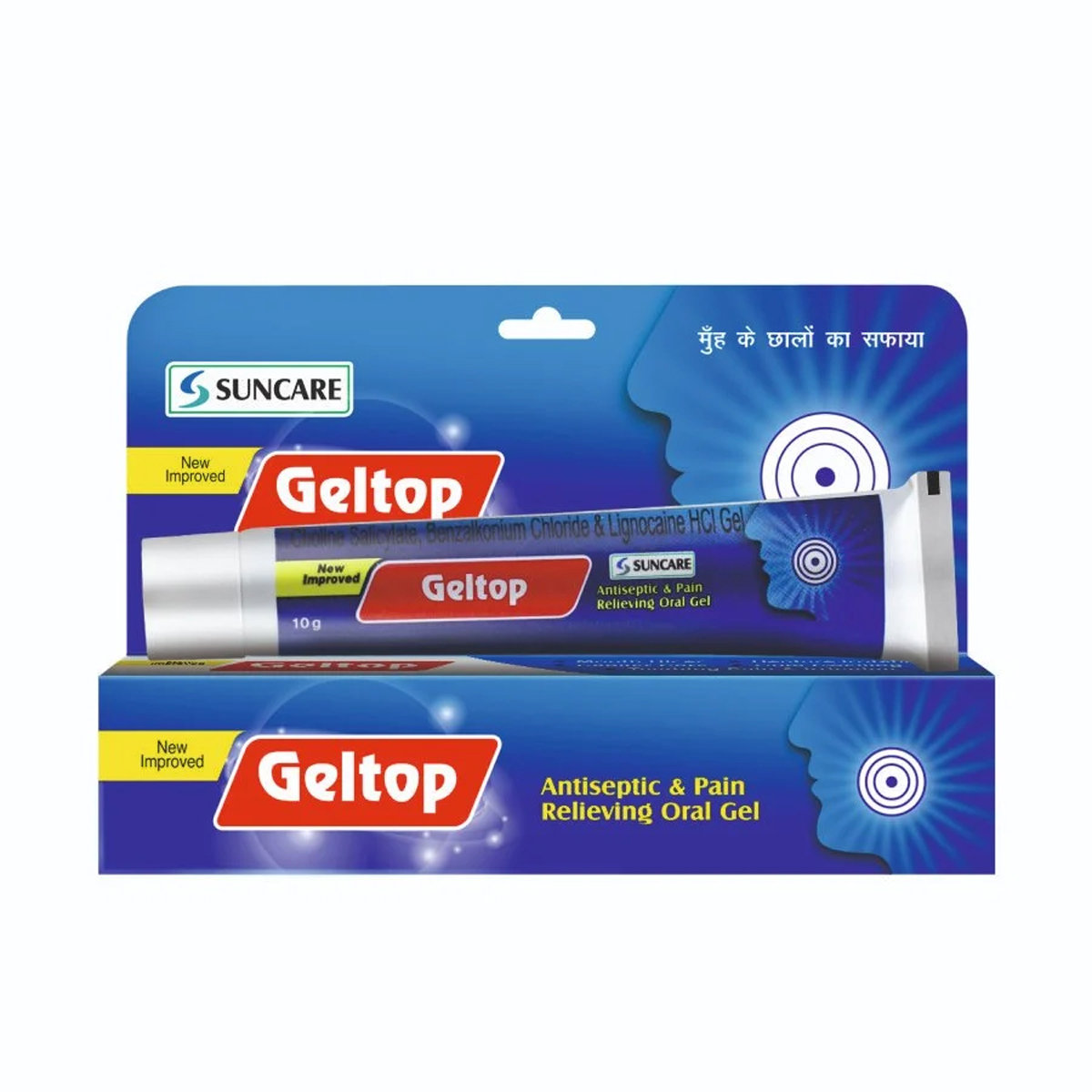Lidocaine+sodium Chloride
About Lidocaine+sodium Chloride
Lidocaine+sodium Chloride belongs to the class of local anaesthetics known as 'numbing medication'. Lidocaine+sodium Chloride produces local numbness by blocking the nerve signal in the affected area. Lidocaine+sodium Chloride injection is used to reduce pain and discomfort caused by invasive medical procedures such as surgery, needle punctures, or insertion of a breathing tube or catheter. Lidocaine+sodium Chloride is also used to treat irregular heart rhythms. It is also used to reduce the discomfort of contractions during labor. Pain is a symptom triggered by the nervous system, which causes uncomfortable sensations in the body. Pain may be dull or sharp; it might be constant or may come and go. The tolerance level of pain might vary from person to person.
Lidocaine+sodium Chloride contains two medicines namely lidocaine and sodium chloride. Lidocaine (local anaesthetic) works by stopping pain indications from the nerves to the brain. Hence, it gives an anaesthetic effect and helps decrease the sensation of pain. Sodium Chloride is a distilled salt solution that helps avoid edema (swelling) and irritation on injection.
Take Lidocaine+sodium Chloride as prescribed by your doctor. You are advised to take Lidocaine+sodium Chloride for as long as your doctor has prescribed it for you depending on your medical conditions. You may experience wheeziness, swelling of the eyelids, lips, or face, difficulty in breathing, rash or itching (especially affecting your whole body). Most of these side effects of Lidocaine+sodium Chloride do not require medical attention and gradually resolve over time. However, if the side effects persist or worsen, please consult your doctor.
Do not take Lidocaine+sodium Chloride if you are allergic to Lidocaine+sodium Chloride, or any other ingredients present in it. Inform your doctor if you have decreased blood volume, low blood pressure, and slow heart rate. Lidocaine+sodium Chloride is not recommended for children less than one-month-old. If you are pregnant or breastfeeding, please inform your doctor before taking Lidocaine+sodium Chloride. Lidocaine+sodium Chloride may cause numbness in certain areas of the body. Hence, avoid driving and using machines that require alertness.
Uses of Lidocaine+sodium Chloride
Medicinal Benefits
Lidocaine+sodium Chloride belongs to the group of local anaesthetics known as amide-type local anaesthetics. Lidocaine+sodium Chloride is used to produce local numbness (anaesthesia). Lidocaine+sodium Chloride is used to reduce pain and discomfort caused by invasive medical procedures such as surgery, needle punctures, or insertion of a breathing tube or catheter. Lidocaine+sodium Chloride is also used to treat irregular heart rhythms. It is also used to reduce the discomfort of contractions during labor. Lidocaine+sodium Chloride contains lidocaine Lidocaine+sodium Chloride works by blocking the transmission of the nerve signals in the body, thereby helps in decreasing the sensation of pain. Lidocaine+sodium Chloride also contains sodium chloride which is a distilled salt solution that helps avoid edema (swelling) and irritation on injection.
Directions for Use
Storage
Side Effects of Lidocaine+sodium Chloride
- Wheeziness
- Swelling of the eyelids, lips, or face
- Difficulty in breathing
- Rash or itching (especially affecting your whole body).
Drug Warnings
Do not take Lidocaine+sodium Chloride if you are allergic to Lidocaine+sodium Chloride, or any other ingredients present in it. Before taking Lidocaine+sodium Chloride inform your doctor if you have decreased blood volume, low blood pressure, and slow heart rate. Inform your doctor if you have heart disease, fits disorder, muscle cramps, and constipation. Talk to your doctor if you have recent vomiting, bleeding, or diarrhoea. Inform your doctor if you have liver or kidney disease, breathing problems, or muscle weakness. Lidocaine+sodium Chloride is not recommended for children less than one-month-old. If you are pregnant or breastfeeding, please inform your doctor before taking Lidocaine+sodium Chloride. Lidocaine+sodium Chloride may cause numbness in certain areas of the body. Hence, avoid driving and using machines that require alertness.
Drug Interactions
Drug-Drug Interaction: Lidocaine+sodium Chloride may have interaction with blood pressure lowering pills (captopril, enalapril, timolol), water pills/diuretics (chlorothiazide, indapamide, furosemide), stomach ulcers medicines (ranitidine, cimetidine), pain killers (codeine, pethidine), antiviral medicines (amprenavir, atazanavir, darunavir, lopinavir), medicines used for irregular heartbeat (mexiletine, amiodarone), medicines used to treat infections (quinupristin/dalfopristin), medicines used to treat the mental disorder (pimozide, sertindole, olanzapine, quetiapine, zotepine), medicines for nausea and vomiting.
Drug-Food Interaction: Avoid consuming alcohol along with Lidocaine+sodium Chloride as it could lead to increased drowsiness.
Drug-Disease Interaction: Lidocaine+sodium Chloride may interact with heart dysfunction, seizures (fits), electrolyte imbalance, liver problems, and kidney dysfunction.
Drug-Drug Interactions Checker List:
Safety Advice

Alcohol
cautionYou are recommended to avoid alcohol consumption while taking Lidocaine+sodium Chloride. Alcohol intake, along with Lidocaine+sodium Chloride, may cause increased drowsiness.

Pregnancy
unsafeIt is not recommended to take Lidocaine+sodium Chloride while you are pregnant. Please consult your doctor if you have any concerns regarding this; your doctor will prescribe you Lidocaine+sodium Chloride only if the benefits outweigh the risks.

Breast Feeding
unsafePlease consult your doctor if you have any concerns regarding this; your doctor will decide whether breastfeeding mothers can take Lidocaine+sodium Chloride or not.

Driving
cautionLidocaine+sodium Chloride may cause numbness in certain areas of the body. Hence, avoid driving and using machines that require alertness.

Liver
cautionDose adjustment may be needed. Lidocaine+sodium Chloride should be used with caution in patients with liver impairment/liver disease. Please consult your doctor if you have a liver impairment or any concerns regarding this.

Kidney
cautionDose adjustment may be needed. Lidocaine+sodium Chloride should be used with caution in patients with kidney impairment/kidney disease. Please consult your doctor if you have kidney impairment or any concerns regarding this.

Children
cautionLidocaine+sodium Chloride should not be used for children less than one month, as the efficacy and safety have not been established.
Habit Forming
Diet & Lifestyle Advise
- Physical activity helps in strengthening muscles and relieves joint stiffness. Gentle activities like 20-30minutes of walking or swimming would be helpful.
- Performing yoga may also help in improving joint flexibility and pain management.
- Maintain a healthy weight by performing regular low-strain exercises and eating healthy food.
- Get adequate sleep as resting the muscles can help in reducing inflammation and swelling.
- Follow heat or cold therapy, apply a cold or hot compress on the joints for 15-20minutes regularly.
- De-stress yourself by meditating, reading books, taking a warm bubble bath, or listen to soothing music.
- Eat food rich in antioxidants such as berries, spinach, kidney beans, dark chocolate, etc.
- Foods containing flavonoids help in reducing inflammation. These include soy, berries, broccoli, grapes, and green tea.
- Avoid smoking and alcohol consumption.
Patients Concern
Disease/Condition Glossary
Pain is a symptom triggered by the nervous system, causing uncomfortable sensations in the body. Pain may be dull or sharp; it might be constant or may come and go. The tolerance level of pain might vary from person to person. Pain can be generalized (overall body aches) or localized (affecting a specific area of the body). Pain can be considered a good thing as it helps us know that something is wrong in the body and thereby helps diagnose the condition. The common causes of pain include headache, muscle strain, cramps, cuts, bone fractures, arthritis, and stomach-ache.
FAQs
Lidocaine+sodium Chloride contains two medicines namely lidocaine and sodium chloride. Lidocaine (local anaesthetic) works by stopping pain indications from the nerves to the brain. Hence, it gives an anaesthetic effect and helps decrease the sensation of pain. Sodium chloride is a distilled salt solution that helps avoid edema (swelling) and irritation on injection.
Lidocaine+sodium Chloride is used in the emergency treatment of cardiac arrest, arrhythmia (irregular heartbeats), or other severe heart conditions.
Avoid or limit alcohol consumption with Lidocaine+sodium Chloride as it increases the drowsiness.
Do not use the Lidocaine+sodium Chloride after expiry. Expiry refers to the last date that the manufacturer guarantees the full potency and safety of the drug. Check the expiry date from time-to-time and properly discard the Lidocaine+sodium Chloride after expiry or return it to your pharmacist for proper disposal.
The most common side effects of Lidocaine+sodium Chloride are wheeziness, swelling of the eyelids, lips, or face, difficulty in breathing, dizziness, rash, or itching (especially affecting your whole body). Most of these side effects of Lidocaine+sodium Chloride do not require medical attention and gradually resolve over time. However, if the side effects persist or worsen, please consult your doctor.







